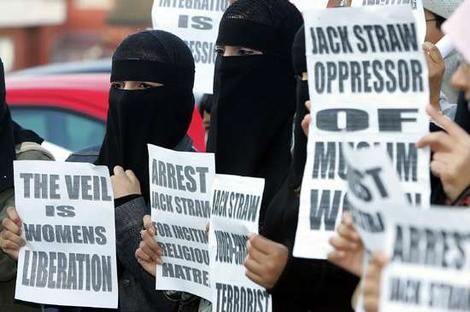This is what the international aid apparatus does. It sets up camp and starts the aid machine running. Once it gets running, it self-perpetuates and little can stop it. The mission of these huge aid NGOs is to stay in business. The NGOs need more and more money to keep up, or better yet grow, their staffs. They pitch any project, regardless of how much it will help the poor, because it can bring them money. They spin their reports, claiming success, or blaming the difficult Haitian masses for failures. They grow, and grow, making more Americans richer, and making the Haitian elite richer. The corrupt Haitian government and elite are plugged into the aid machine, who siphon off all kinds of international money. More corruption, more money for the bad guys, and the poor are left with nothing.
Now the international aid community is licking its chops now after the devastating earthquake. They’ll definitely capitalize on the bleeding hearts and try to push for even more takeover of the country. International Monetary Fund (IMF) director Dominique Strauss-Kahn wrote a piece for the Huffington Post entitled Why We Need a "Marshall Plan" for Haiti. Strauss-Kahn asserts:
A first donors' conference is scheduled to take place in Montreal next week, in preparation for a larger conference in the spring that will mobilize financing for Haiti. I hope the contours of such a plan will start to take shape through the process begun in Montreal.
Sweet! Any guesses on how many token Haitians are at that conference planning the future of their country? One or two? I’d say 50:1 ratio of donors to Haitians, if we’re lucky. This is exactly what got Haiti into trouble in the first place. How can we trust these people to plan for Haiti. We know what they’re going to say “MORE AID! Hurrah!”
The less the US medals in Haiti’s affairs, the better off the Haitian people will be. Stop influencing their elections and overthrowing leaders who won’t carry our water. Support who the people voted for, even if they don’t want to move all their people to the cities for manufacturing jobs. Quit dumping cheap American goods in the country, rendering their economy useless, and correct unfair trade laws. Start pulling all international aid NGOs out of the country and let these folks stand on their own two feet. Or, at least we need a filter to make sure only good, effective aid takes place. The kind that builds capacity instead of giving things out. The kind that provides small loans so people can start businesses.
Don’t take this as opposition to giving money for disaster assistance. That money goes directly to saving lives. But if you want to help Haitians more than that, I’d urge you to do some research on who you’re donating to and think about how it might hurt Haitians more than it helps.
References and some other reading:
Why Foreign Aid to Haiti Failed, a report by the NATIONAL ACADEMY OF PUBLIC ADMINISTRATION
To Help Haiti, End Foreign Aid


